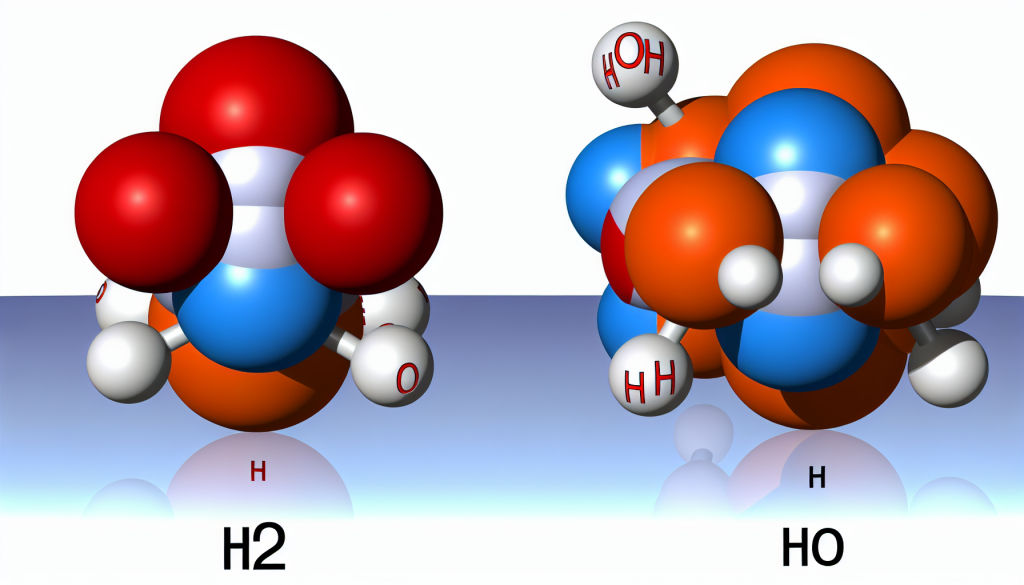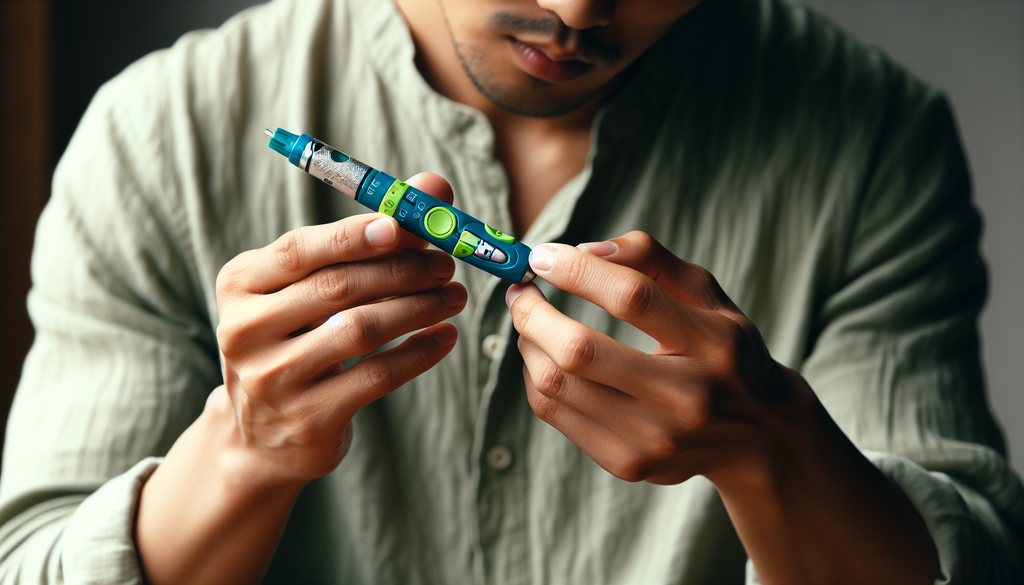Frankincense Tree
Other Names: boswellia, boswellia serrata, boswella, boswellin, frankincense
Botanical Name: Boswellia serrata
Background
• Boswellia serrata is a tree found in the rocky hills and dry regions of northern Africa, India, and parts of the Middle East.
• The plant's gum resin is used to produce boswellia extract, which may be taken by mouth or used on the skin.
• In traditional Ayurvedic medicine, boswellia has long been used to address arthritis, reduce swelling and pain, and support respiratory and cardiovascular health.
• Boswellia supplements are marketed for reducing inflammation, enhancing joint flexibility, and promoting digestive wellness.
• The resin obtained from the Boswellia tree is also the source of frankincense, used in aromatherapy and various topical applications.
What Do We Know So Far?
• Research on the health benefits and safety of boswellia exists, but many of the studies are limited in size and quality. Reliable conclusions about its effectiveness have not yet been reached.
What the Research Suggests
• Some small trials suggest that oral use of boswellia may help ease pain and swelling in osteoarthritis, though larger, more rigorous studies are necessary.
• While topical application of frankincense for joint problems and other conditions has been explored, current evidence doesn’t prove its effectiveness.
• Early findings from a few minor studies suggest that boswellia may relieve asthma symptoms, but further research is required to confirm its benefit.
• There is insufficient data to confirm the effectiveness of boswellia in cancer treatment. Some early research showed a decrease in brain swelling in glioma patients, but not in tumor size.
• At this time, there is no indication that boswellia helps prevent or treat infections like COVID-19.
Is Boswellia Safe?
• When used by mouth, boswellia is generally considered safe. Clinical studies have used up to 1,000 mg daily for as long as six months, and up to 2,400 mg for a shorter duration (about a month).
• Applying frankincense to the skin or using it as an inhaled scent appears to have a good safety profile.
• Individuals with asthma should stick to their healthcare provider's treatment plan. Always consult your provider before introducing new products, especially supplements, as they may interact with medications.
• Do not replace prescribed treatments with alternative remedies without professional guidance.
• Talk to your doctor before making changes to your asthma regimen. Supplements can interact with prescription meds in harmful ways.
• There is no complementary therapy proven to cure or place cancer into remission. Some non-conventional methods may interfere with standard treatments, so always consult your medical team first.
• During pregnancy or breastfeeding, small amounts of boswellia found in food may be safe, but larger medicinal doses haven’t been studied enough to confirm safety. Discuss usage with your healthcare provider.
Important Considerations
• Communicate with your healthcare providers about any herbal or supplementary products you use—they can help you make well-informed choices.
• If you're currently taking prescription medications, consult a healthcare professional before using herbal supplements to avoid potential interactions.
• Regulations on herbal products vary based on their ingredients, intended uses, and how they’re administered (by mouth or on the skin).
• Many orally administered herbs are sold as dietary supplements, which are regulated differently than prescription drugs.
• Unlike medications, dietary supplements don't require approval by the U.S. Food and Drug Administration (FDA) before they reach store shelves. However, the FDA can act against unsafe products after they’re on the market.
• Supplement manufacturers are responsible for ensuring product safety and correct labeling before releasing them to consumers.
Sources for Additional Information
• Tips on How to Use Supplements Safely
• Understanding Interactions Between Medications and Supplements
• How to Read and Understand Scientific Journals
NCCIH Clearinghouse
The NCCIH Clearinghouse offers information on complementary and holistic health practices, including publications and access to scientific resources. It does not provide individualized health advice or referrals.
Phone (U.S. only): 1-888-644-6226
TRS: 7-1-1
PubMed®
PubMed® is a database run by the National Library of Medicine. It offers summaries and publication details for a vast array of scientific and medical journal articles.
Office of Dietary Supplements (ODS), NIH
The ODS aims to enhance understanding of dietary supplements through research, education, and public outreach. It provides fact sheets and resources about specific vitamins and supplements.
Key Academic References
• Bannuru RR, Osani MC, Al-Eid F, et al. Review of curcumin and boswellia’s effects on knee osteoarthritis. Seminars in Arthritis and Rheumatism. 2018;48(3):416-429.
• Clark CE, Arnold E, Lasserson TJ, et al. Systematic review of herbal remedies for chronic asthma. Primary Care Respiratory Journal. 2010;19(4):307-314.
• Dubey V, Kheni D, Sureja V. Evaluation of a boswellia extract in osteoarthritis. Explore (NY). 2024;20(5):102983.
• Efferth T, Oesch F. Evaluation of frankincense’s effects on inflammation and cancer. Seminars in Cancer Biology. 2022;80:39-57.
• Kirste S, Treier M, Wehrle SJ, et al. Boswellia’s impact on brain swelling in tumor patients. Cancer. 2011;117(16):3788-3795.
• Liu X, Machado GC, Eyles JP, et al. Review of supplements for osteoarthritis. British Journal of Sports Medicine. 2018;52(3):167-175.
• Siddiqui MZ. Overview of Boswellia serrata’s anti-inflammatory potential. Indian Journal of Pharmaceutical Sciences. 2011;73(3):255-261.
This article is in the public domain and may be copied freely.
This resource is for general information only and should not replace medical advice from your healthcare provider. Speak with your provider before using any product, service, or treatment mentioned.


